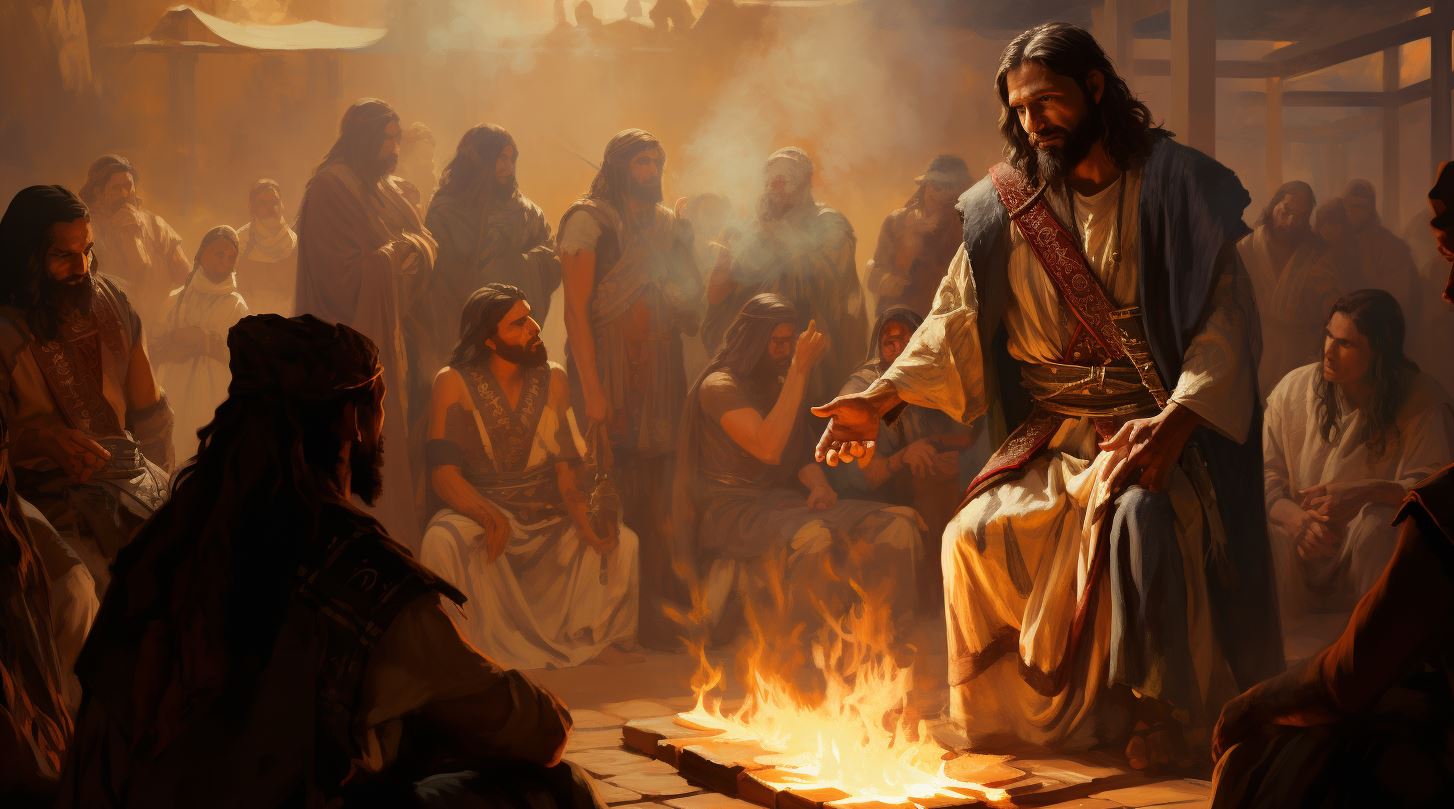Yam Canaanite God: Exploring the Mythology and Significance in American Culture

Yam, also known as Yammu, is a Canaanite god worshiped in various Mediterranean regions. He is considered the god of the sea and other water sources. In the Ugaritic mythology, Yam plays a significant role in the Ba’al Cycle, a collection of poems depicting the struggle for divine kingship between Yam and Ba’al.
Despite being defeated by Ba’al, Yam’s name continues to be mentioned in other myths and accounts. This article explores Yam’s mythology, his significance in Canaanite and Phoenician traditions, and his presence in biblical and historical references.
Additionally, it examines Yam’s symbolism and connections in various mythological traditions.
In the Epic of Ba’al
In the Epic of Ba’al, Yam, the Canaanite god of the sea and water sources, plays a significant role in the legendary story. This section explores Yam’s role in the Ba’al Cycle, the battle between Yam and Ba’al, and the profound significance of Yam’s defeat.
Yam’s Role in the Ba’al Cycle
Yam holds a prominent position in the Ba’al Cycle, a collection of poems narrating the fierce struggle for divine kingship between Yam and Ba’al, the god of storm and fertility. Yam is portrayed as a minor god who receives offerings and plays an important part in the mythological conflict.
The Battle between Yam and Ba’al
In the epic tale, Yam’s defeat at the hands of Ba’al signifies the victory of order over chaos. This symbolic victory represents the restoration of cosmic balance and the establishment of Ba’al as the supreme deity, ensuring the continuation of life and fertility.
The defeat of Yam holds deep significance within Canaanite mythology, emphasizing the importance of order and the triumph of divine power.
Yam in Other Mythological Traditions
Yam, the Canaanite god of the sea, is not only prominent in Canaanite and Phoenician mythology but also finds mention in other mythological traditions. In the ancient Egyptian mythos, Yam is portrayed as an adversary to various gods and is ultimately defeated by Set.
This depiction highlights the widespread influence of Yam’s mythology beyond Canaan and Phoenicia, showcasing his significance in different cultural narratives surrounding water deities.
Biblical and Historical References to Yam
The Hebrew Bible also provides references to Yam, representing him as an enemy of Yahweh, the Hebrew deity. These references suggest the enduring impact of Canaanite mythology and the perception of Yam as a formidable force.
Additionally, the Phoenician historian Philo of Byblos mentions a character named Pontos, believed to be a translation of Yam, further linking Yam to historical accounts and the rich tapestry of ancient Mediterranean culture.
Yam’s Symbolism in Canaanite and Phoenician Mythology
In Canaanite and Phoenician mythologies, Yam symbolizes the perpetual conflict between order and chaos. While portrayed as a villain, Yam’s defeat at the hands of Baal symbolizes the triumph of order and the establishment of cosmic harmony.
Yam’s role in representing the ever-present chaos serves as a reminder of the human desire for stability and the search for meaning in a world characterized by opposing forces.










